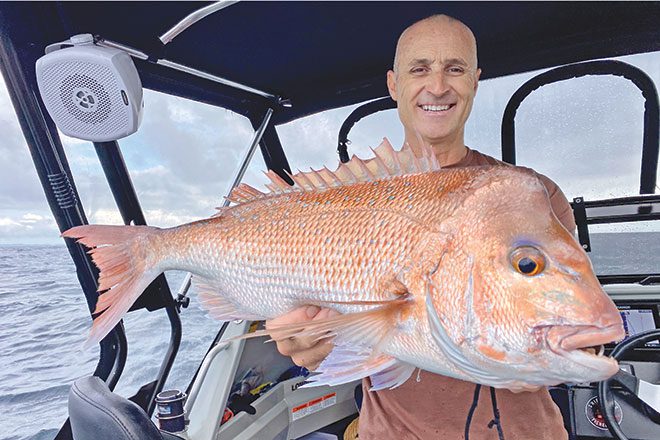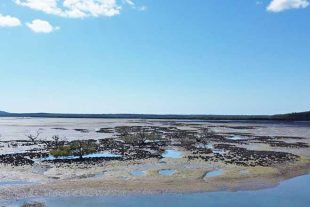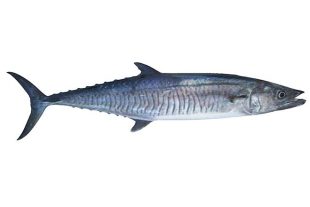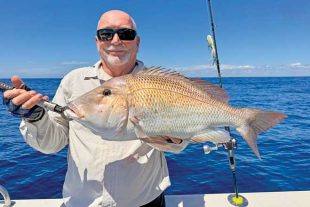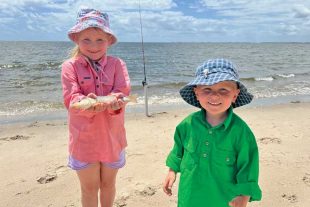I am guessing that like me, many of you will be wondering when this windy and rainy weather will stop. Gold Coast snapper
Though it may seem to be a bit of an inconvenience, it is in actual fact creating a wonderful and very strong fish population for winter. Gold Coast snapper
These weather cycles do two things in particular.
First, they prohibit the amount of fishing pressure on the waterways by limiting the number of people physically able to go fishing due to the weather conditions – though this is bad for us, it’s great for the fish.
In addition to this, the rain washes out nutrients and stirs up the waterways, creating the start of a cycle from where plankton and very small sea life flourish on the extra nutrients in the water and in turn become food through the chain for bigger fish to feed on.
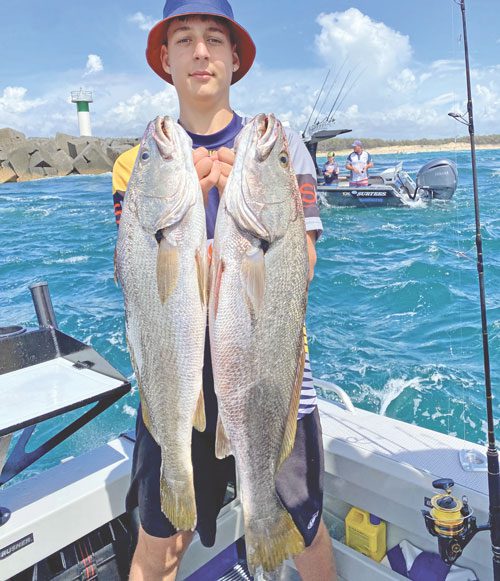
The larger predatory fish move in from offshore during these periods and it becomes a very exciting time of year to target a range of species including jewfish and snapper.
The Gold Coast Seaway has held an abundance of baitfish for the past couple of months, feeding on these nutrients, and large predators are also starting to move in.
Moreton Bay has seen significant captures of large snapper in close and as we move further into June, the Gold Coast will see an increase in those big pink predators on the 18 and 24-fathom reefs.
Planning in advance is crucial though because the weather changes day by day.
So, having all of your equipment and boat ready is important as sometimes the decision to go on a fishing trip is made the night before due to the prevailing weather conditions.
As a little bonus, in this month’s issue I’ve included an article on how I built a custom snapper rod.
This is going to be a major target species for myself and many others over the next few months.
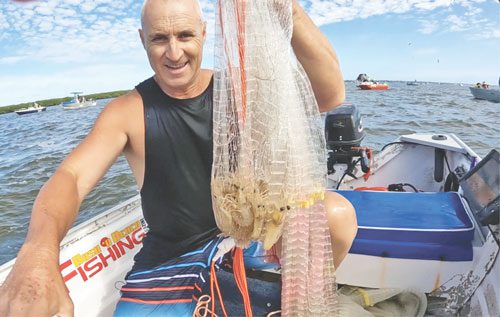
The other article goes into detail as to what sort of blank I used, the guides, grips and other components.
I’ve done this to give you an idea of what sort of equipment I use when targeting snapper during winter and hope you find it informative.
Snapper should start to come on as the weather cools and the water temperature drops below 23C.
Quite often many boats drive over the top of snapper to get to wider ground, so it always pays to use a sounder over well-known spots in close – to see if you can see any large archers before traveling out too far.
 Bush ‘n Beach Fishing Magazine Location reports & tips for fishing, boating, camping, kayaking, 4WDing in Queensland and Northern NSW
Bush ‘n Beach Fishing Magazine Location reports & tips for fishing, boating, camping, kayaking, 4WDing in Queensland and Northern NSW

